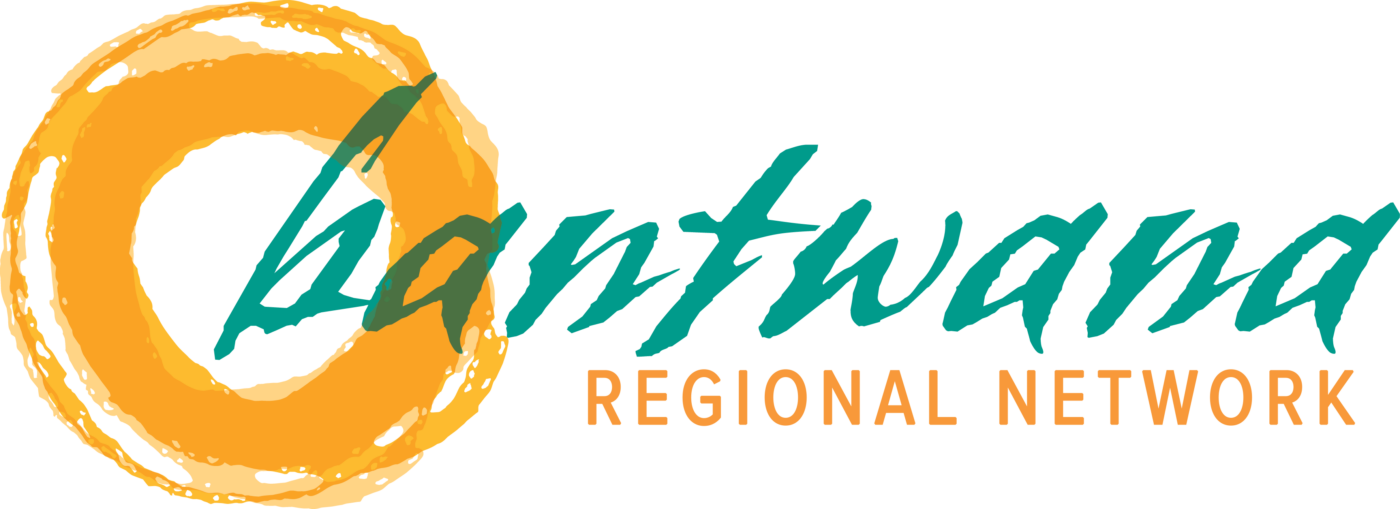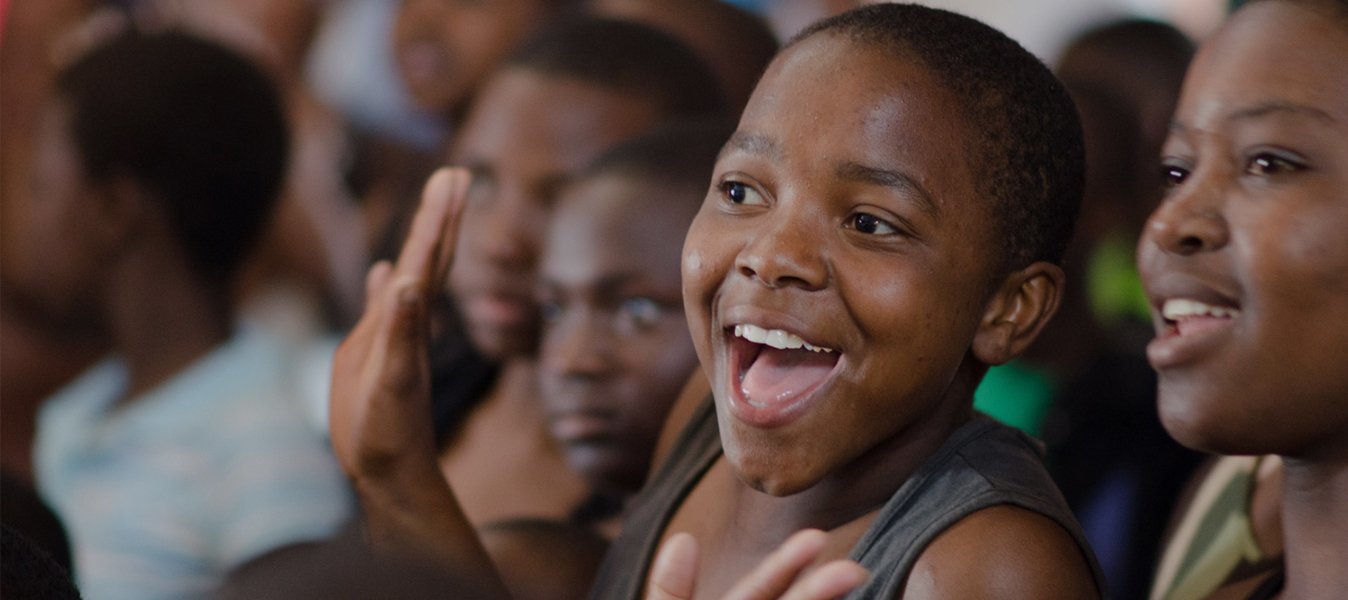
Providing Mental Health Support for Internally Displaced Persons
Mozambique continues to experience the impact of climate-related disasters and ongoing conflict and insurgency in the northern province of Cabo Delgado, which has threatened peace and fueled a severe humanitarian and internal displacement crisis. Among the displaced, more than 1.3 million people are in-need of protection and services to address their mental and physical health. Women and children in particular are at heightened risk of gender-based violence and early forced marriage, and are living in very strained economic circumstances. Moreover, these internally displaced persons are often affected by post-traumatic stress disorder from having to flee from their homes and/or after witnessing and surviving acts of extreme violence.
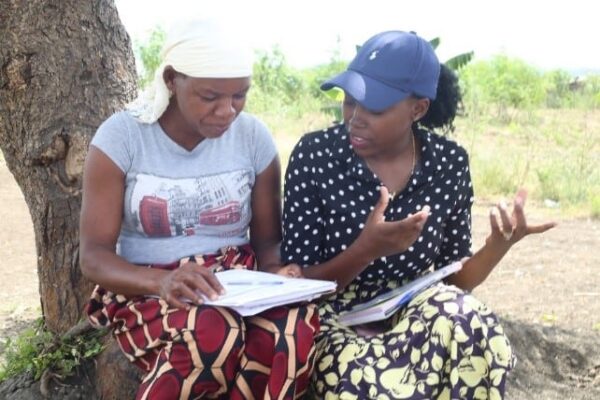
The Government of Mozambique is partnering with donors and civil society organizations on both immediate response and longer-term recovery efforts, such as meeting urgent psychosocial, nutritional, health, and protection needs. Through the Northern Crisis Recovery Project, led by the United Nations Office of Project Services and funded by the World Bank, the Bantwana Initiative is working with partners to strengthen the capacity of communities, service providers, and government departments to identify, prevent, and respond to the needs of internally displaced persons Cabo Delgado. Together we aim to promote nurturing and protective family care and improve the safety, well-being, and development of individuals and households.
To support the provision of short-term specialized mental health and gender-based violence services, Bantwana has introduced a new approach of recruiting and deploying recent psychology graduates as interns across resettlement sites to screen and provide mental health support, while transferring skills to community cadres (Activists) for long-term service provision.
In the last year, we’ve supported more than 2,500 internally displaced persons and mobilized nearly 200 community leaders to raise awareness on gender-based violence prevention, forced marriage, and child sexual exploitation.
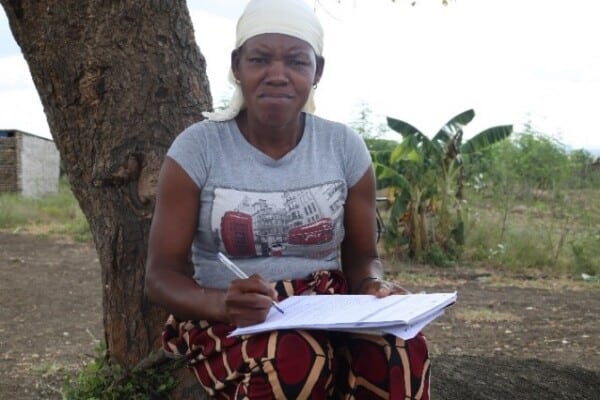
Adelina is a 35-year-old mother who was displaced by Cyclone Kennedy in 2019 and resettled in a nearby community where she supported children in the area during that difficult period. In 2021, she was hired by an organization as a child educator for displaced children and last year, with support from Bantwana, Adelina was nominated to be an Activist in her community, providing support to displaced people who continue to arrive at the resettlement site due to the insurgency.
Adelina is dedicated to her work, and she feels a great responsibility to support children and adults who have experienced extreme trauma and are struggling with their mental health. As an Activist, she identifies and refers individuals to intern psychologists and healthcare workers to receive treatment and has already seen a positive impact.
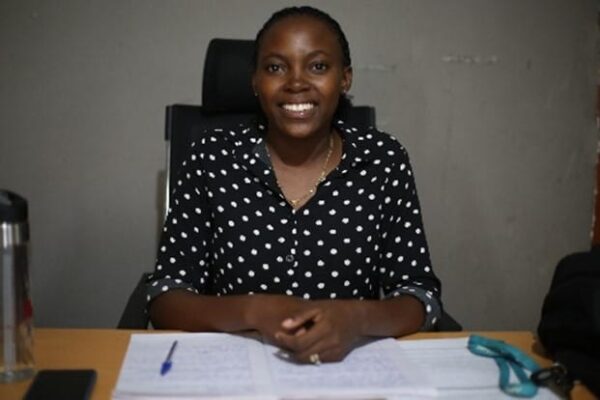
Rosalia, a 23-year-old graduate of clinical psychology and counselling from the Polytechnic University of Quelimane, is one of the trainee psychologists. She works closely with the trained Activists like Adelina to identify and serve individuals and families in need of mental health and psychosocial support services. She provides referrals and leads psychosocial support sessions, and notes that “trauma of this nature can take a long time – several years – for people to overcome.”
But together, Rosalia and Adelina are making a tangible difference.
